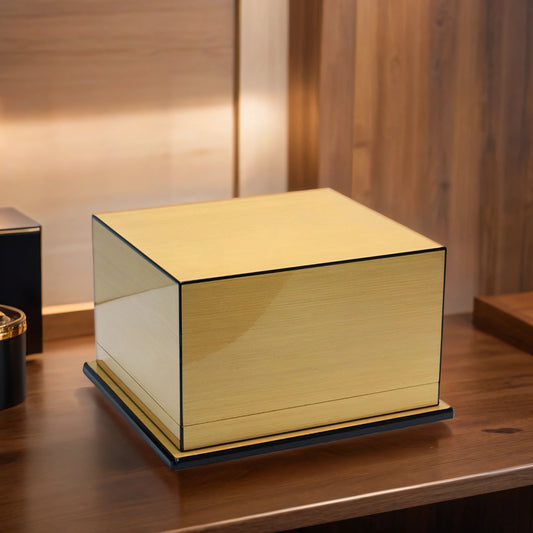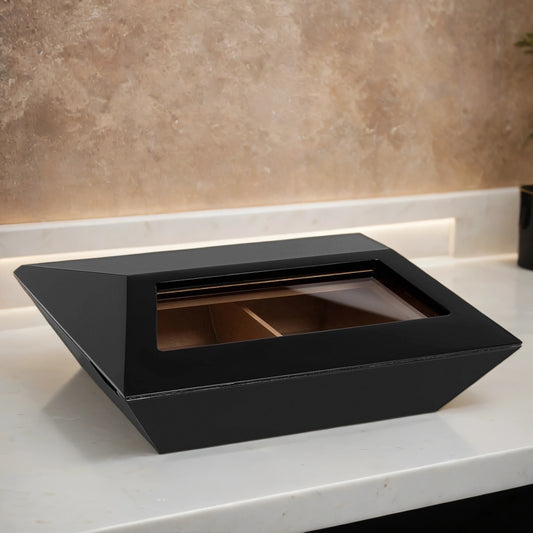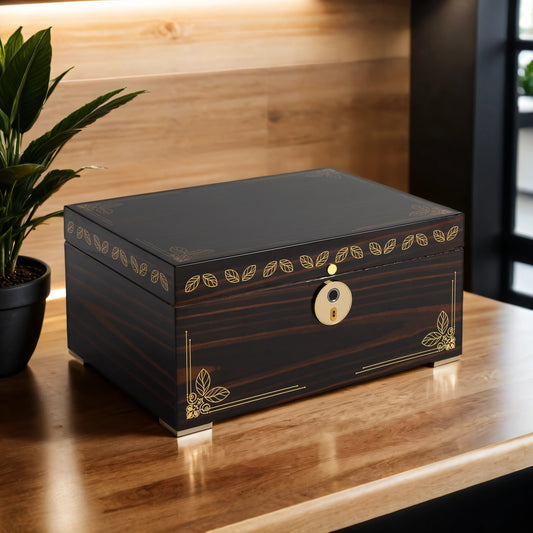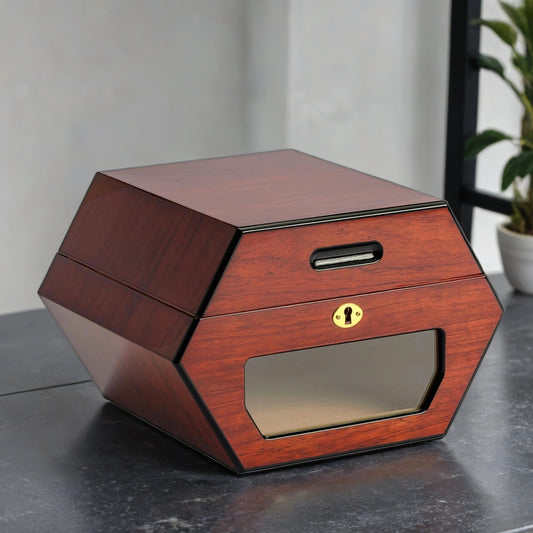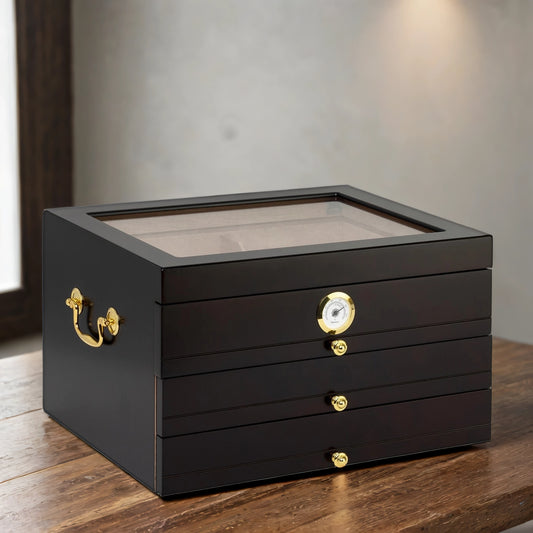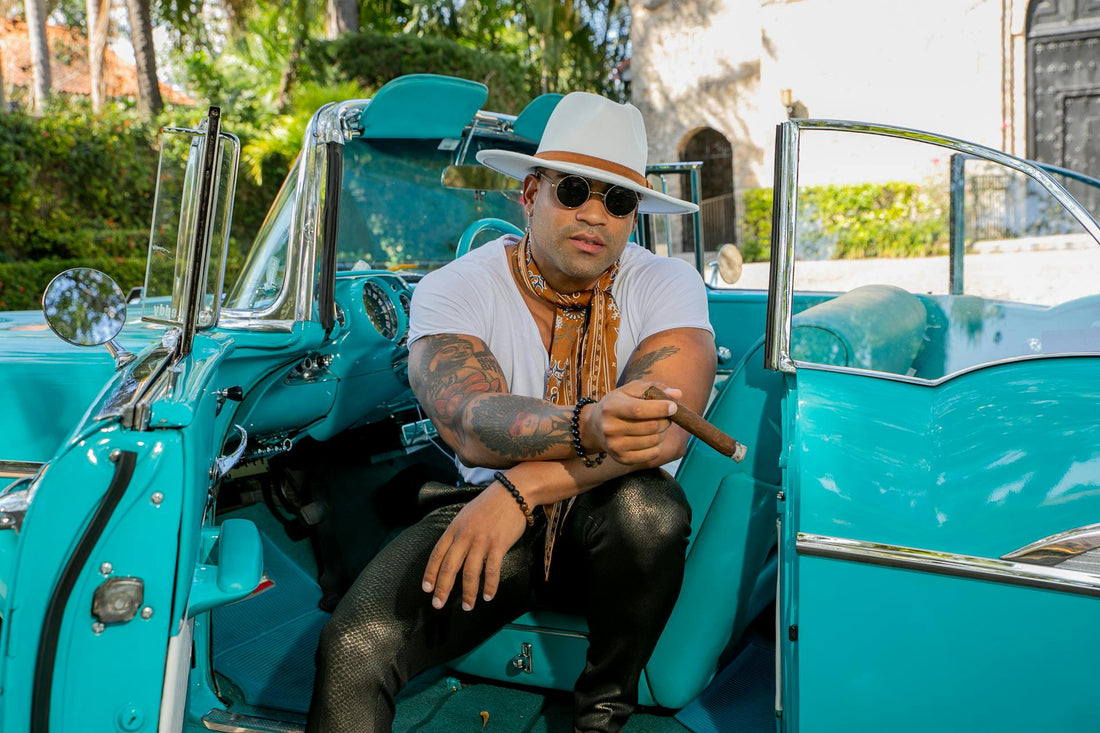
Why Are Cuban Cigars Illegal in the United States?
Alright fellas, gather 'round. Let’s talk about Cuban cigars, the forbidden fruit of the cigar world. These legendary smokes have been off-limits in the U.S. for over 50 years. That’s right. Half a century of cigar lovers sneaking glances like it’s a high school crush they’re not allowed to talk to. If that’s not a long-term commitment issue, I don’t know what is.
Although there are deep cultural, historical, and political roots behind this subject, in a nutshell, Cuban cigars are illegal in the US due to a longstanding embargo against Cuba, which began in the early 1960's at the hands of President John F Kennedy. Now, let's dive deeper into the rich history of Cuban cigars, and learn about how they gained their forbidden status in the United States.
A History Lesson (Don't Worry, It's Short)
Picture this: It’s the early 1960s. Kennedy’s in office, Chubby Checker’s teaching America how to twist, and Cuba’s in the middle of a full-blown political makeover. Fidel Castro takes the reins, starts nationalizing American businesses, and let’s just say Washington wasn’t thrilled. Cue the trade embargo, which rolled out quicker than you can say “Bay of Pigs.”
Here’s a bit of cigar trivia to keep in your back pocket: before signing the embargo, JFK reportedly sent his press secretary out to scoop up 1,200 Cuban cigars. The next morning, embargo signed. Now that’s what you call thinking ahead.
The On-Again, Off-Again Relationship
This whole cigar ban situation has been more on-again, off-again than your high school ex. Back in 2014, Obama tried to smooth things over, opening the door a crack so Americans could legally bring back a few cigars and some rum. Then Trump came in and basically said, “Let’s not get too cozy.” Fast forward to 2024, and we’re still in that “it’s complicated” phase with Cuba. Well, at least we have cuban-legacy cigars!
What's the Big Deal Anyway?
Now, you might be wondering why Cuban cigars cause such a stir. Think of them as the royalty of the tobacco world: coveted, legendary, and wrapped in a bit of mystery. The magic starts in Vuelta Abajo, a region in Cuba with soil and climate conditions so perfect it’s like nature custom-designed it for growing world-class tobacco. As for the cigar rollers, their craft has been passed down for generations. Every cigar is hand-rolled with the kind of precision most of us only dream of when trying to assemble IKEA furniture or parallel park on the first try.

The Black Market: Not Worth It
Let’s be honest. Where there’s demand, there’s always someone trying to make a quick buck. Buying Cuban cigars on the black market might seem tempting, but it’s rarely worth the risk. At best, you’re overpaying for a fake. At worst, you’re getting yourself tangled up in legal trouble over something that should be relaxing.
Legal Ways to Try a Cuban
If you’re determined to try the real thing, there are legal paths that don’t involve sketchy back-alley deals. Travel to places like Canada, Europe, or Mexico, where Cuban cigars are legal and widely available. Just keep in mind, as of 2024, you still can’t bring them back to the U.S. Or, if you're the adventurous type, consider a cultural trip to Cuba. It’s not just about the cigars, you might come back with a little knowledge too. Stranger things have happened.
The Bottom Line
Cuban cigars carry a lot of mystique, but they’re not worth breaking the law over. Between fakes, fines, and federal headaches, it’s better to enjoy a great cigar you can actually talk about without whispering. There are incredible legal options out there: try one, kick back, and enjoy it like a civilized human.

